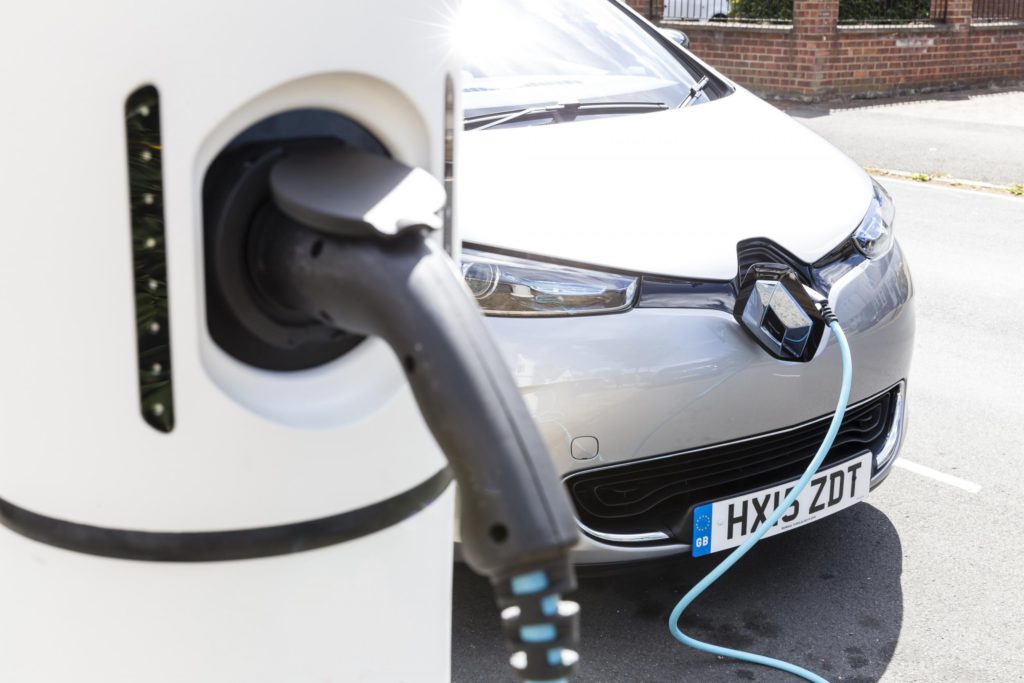UK fleets move to EV future
09 July 2019

9 July 2019
Two of the UK’s major energy suppliers have committed to switching their vehicle fleets to electric by 2030.
Centrica and SSE, alongside facilities services company Mitie, have joined The Climate Group’s global EV100 initiative, which aims to bring together businesses from around the world to make electric transport ′the new normal’ by 2030.
SSE has also committed to double its energy productivity by 2030 from a 2010/11 baseline, through joining The Climate Group’s EP100 initiative for energy-smart companies, delivered in partnership with the Alliance to Save Energy.
Large groups
The companies represent some of the UK’s biggest buyers of commercial vehicles, with a combined footprint of 21,000 vehicles. Centrica operates the third largest fleet in the country, with 12,500 vehicles, while SSE has the seventh largest and will electrify 3,500 units. Mitie, with the eighth largest fleet, will electrify 5,300 units.
In addition, SEE will offer to install charging points for its 21,000 employees to use.
′With demand for clean transport on the up, energy companies are looking to electric vehicles and charging infrastructure as the next frontier of investment in the clean and flexible energy system – and there are huge business opportunities for those who get ahead first,’ said Helen Clarkson, CEO of The Climate Group
′These companies are sending a clear message that the direction of travel for transport is electric, inspiring their staff and customers to follow – every major business must do the same.’
Taxi rates
Meanwhile, UK taxi drivers will be encouraged to buy environmentally-friendly vehicles thanks to new legislation exempting them from the premium rate of vehicle excise duty (VED).
The move will push forward the UK Government’s ambition for net zero emissions by 2050 by reducing costs for taxi drivers and companies that purchase zero-emission capable taxis over conventional petrol or diesel models.
The legislation is just one of a number of measures introduced by the Government to encourage the uptake of zero-emission vehicles, including providing over £20 million (€22.2 million) to 27 local authorities to install over 900 dedicated electric taxi charging points. The Government continues to offer up to £7,500 (€8,340) off the price of zero-emission capable taxis through a £50 million (€55.6 million) grant.
′We know that cleaning up the black cab fleet is key to improving the capital’s toxic air,’ said Helen Chapman, TfL’s Director of Licensing, Regulation and Charging. ′From the start of last year, we required all taxis licensed for the first time to be zero-emission capable, with close to 2,000 of these new clean and modern taxis now driving around London’s streets.’